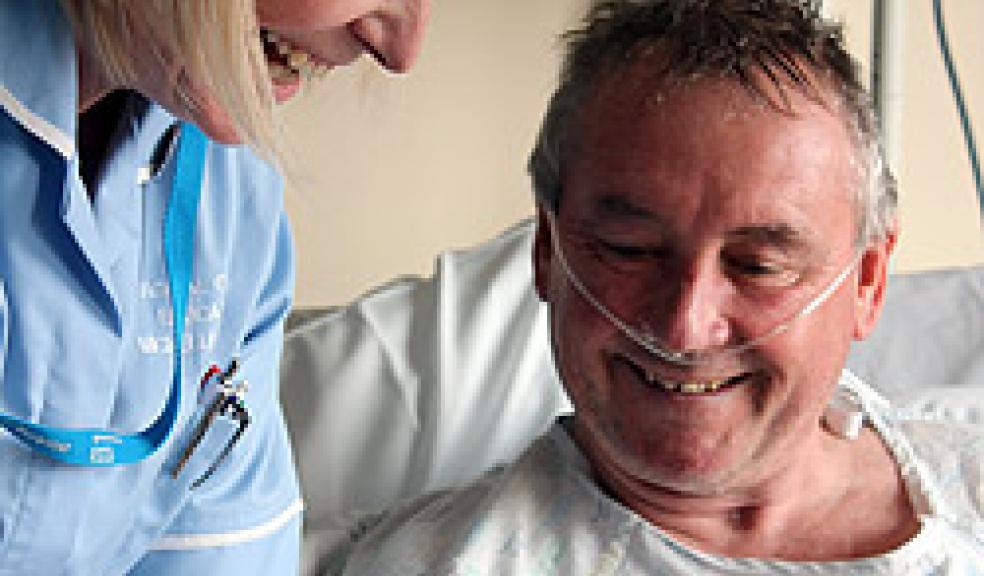
Hospital team develop enhanced recovery app for patients and staff
A clinical team at Plymouth Hospitals NHS Trust have developed an innovative way for patients and healthcare workers to keep track on post-surgery recovery.
The ERAS app is a point-of-care resource for healthcare workers involved in the post-operative management of major surgical patients. The app is also made available to patients ahead of their operations so that they can be aware of the levels and rate of recovery they can expect.
Mr Somaiah Aroori, Consultant Hepatobiliary and Transplant Surgeon, explains: “We have been using enhanced recovery pathways for our hepatobiliary, oesophagogastric and colorectal surgery patients for some time. Enhanced Recovery [known as Enhanced Recovery After Surgery or ERAS] is a series of validated pathways which clearly describe day by day instructions for healthcare professionals and patients. These pathways can significantly reduce the length of time a patient will need to spend in hospital post-operatively which is far better for them.
“The ERAS app gives us a platform upon which to showcase these pathways in an easy-to-use, fast and portable format, enabling greater accessibility and adherence to enhanced recovery, encouraging faster recovery and reducing patient’s hospital stays.
“Before the app, each of our ward areas had these pathways printed out for reference, however they would not always been readily to hand. By using the app our teams of doctors, nurses and healthcare assistants, as well as our patients, can quickly and easily access the pathways on their iPad or smart phone.
Image of a consultant using the ERAS App“As a hospital trust we embrace technology, particularly where it can be of benefit to our patients. We hold regular education sessions with our nursing teams and our consultants are also on board with using the app. Our aim now is to raise awareness of the app and develop it further for the benefit of patients and staff.
Matron for Surgery Nicky Metcalfe adds: “If patients are informed about their surgery and post-operative care they may feel more comfortable questioning staff about their care, as well as planning their ongoing needs once they have been discharged home again.
“It is really important that we are clear with patients how we will look after them and what we expect from them post-surgery. For example it is important that patients mobilise soon after surgery because of risks such as DVT and chest infections. If a patient is not aware of this it can be unsettling for them once they are back on the ward and being encouraged to get out of bed quite soon after surgery.”
Image of a consultant using the ERAS AppDeveloped by Core Surgical Trainee Farid Froghi and Specialist Registrar James Clark the team have great aspirations for their app, James explains: “We hope that future releases will enable us to capture data which can be used to develop the ERAS pathways, we would also like to reach out to other specialties who might benefit from this technology, within our Trust and further afield.”
Further information about the app is available at www.erasapp.co.uk















